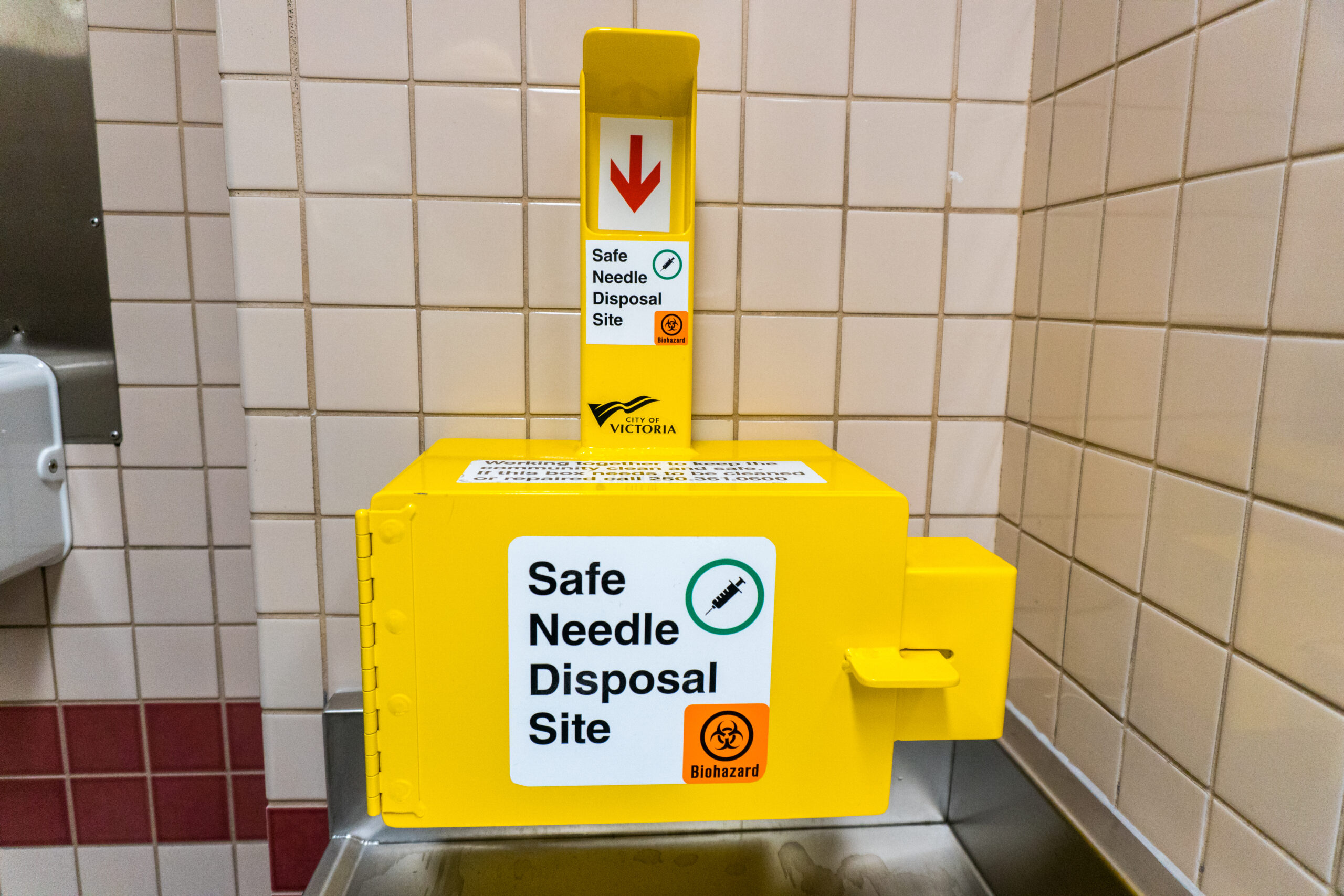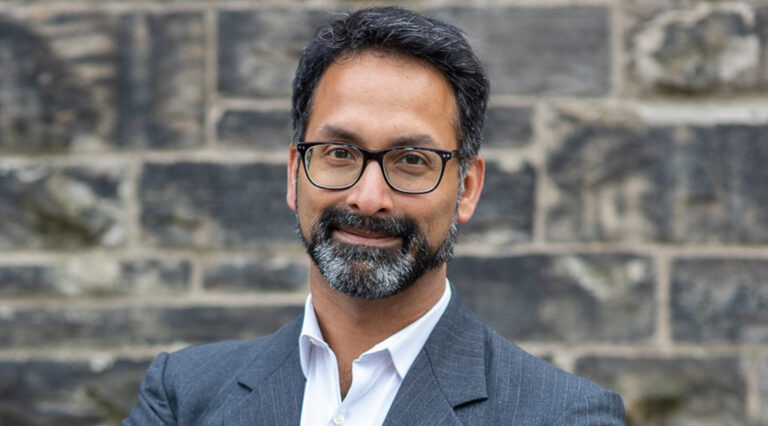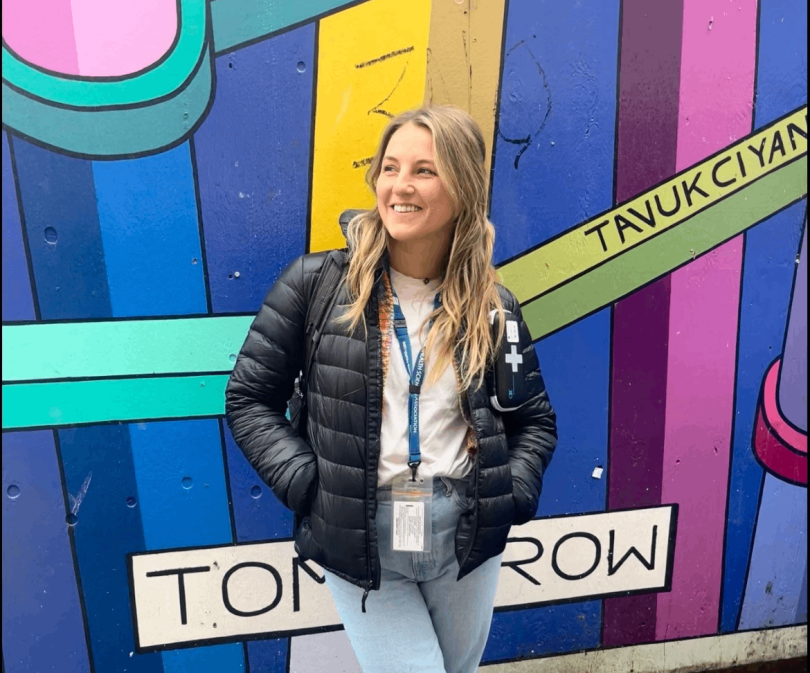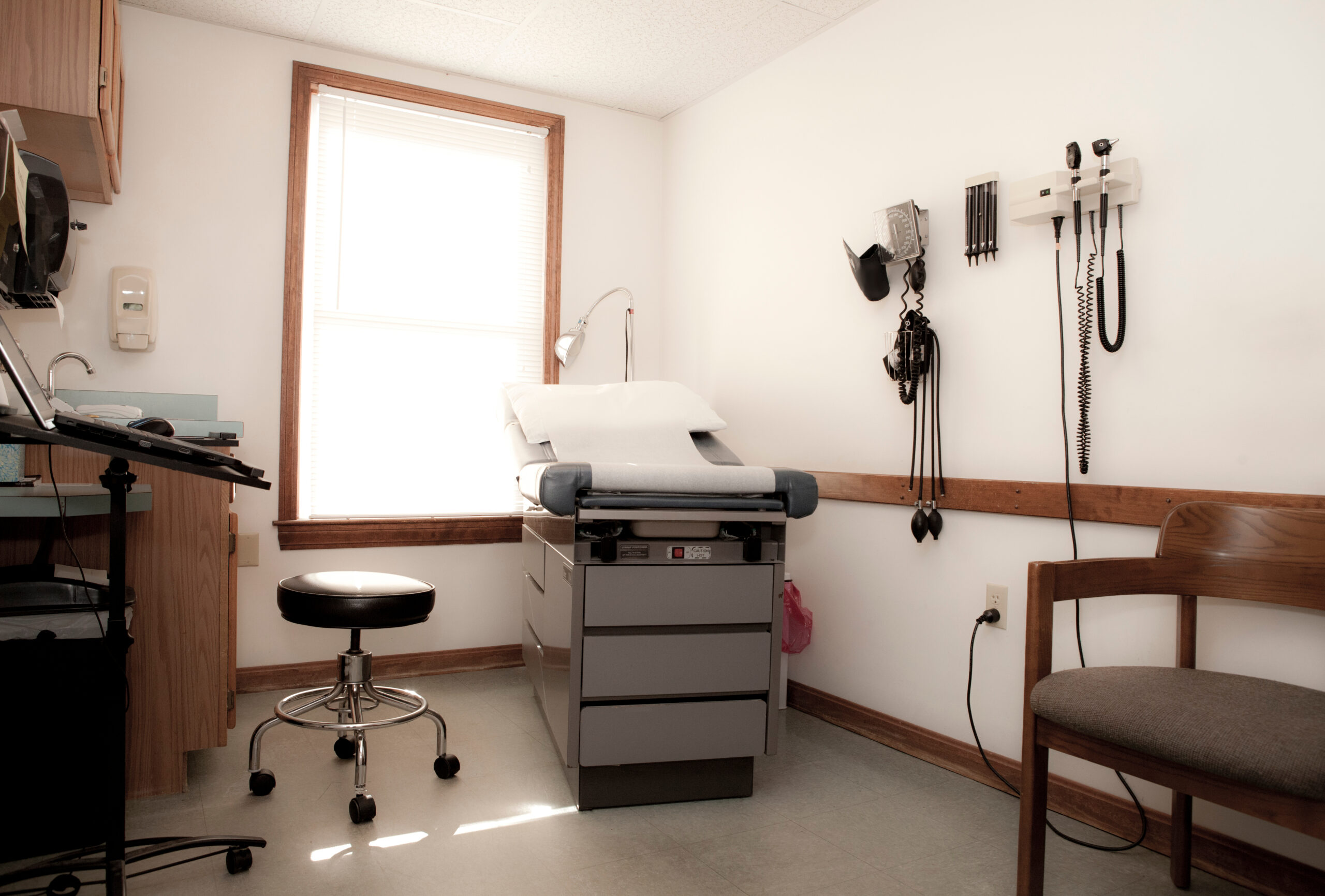Hayley Thompson of MAP’s Drug Checking Service recently spoke with CTV News about the increase of xylazine and other tranquilizers showing up in Toronto street drugs. While naloxone can reverse the effects of fentanyl on a person experiencing an overdose, it cannot negate the dangerous effect of the tranquilizers, which are being added to the drugs.
Month: June 2024
Opioid-related deaths tripled in Ontario shelters during pandemic: Report
Dr. Tara Gomes recently spoke with TVO about her recent report that identified that the rate of opioid overdose deaths in Ontario’s shelter system more than tripled during the pandemic. The study showed that 90 percent of those who died had sought help for a mental health related condition. “This is a population with a high complexity of needs,” says Dr. Gomes, “and we’re clearly not finding the best ways to support them.”
Harm reduction vending machine offers free, 24-hour access to supplies
MAP recently launched Our Healthbox, a harm reduction vending machine, at Brantford’s SOAR Community Services office. Dr. Sean B. Rourke, project lead, shared with The Brantford Expositor that “everyone in Canada deserves to have what they need, when they need it, to take care of their health, but we know this is not the case, so we are doing everything we can to bridge that gap in ways that work for each person in their community.”
COVID-19 no longer novel coronavirus in Ontario
The Ontario government is downgrading COVID-19 from a novel coronavirus to a “disease of public health significance,” limiting the kind of data that needs to be reported to, and by, medical officers of health. Dr. Andrew Pinto is quoted in this coverage by Politics Today. “It’s that balance of, while we’re reducing data in one area, do we have it in another source? And I would say that wastewater surveillance was both fairly cheap for the amount of information we got and also provided us a system that could be quickly scaled up in a new pandemic,” he said.
Opioid deaths in Ontario shelters more than tripled during pandemic, study finds
Dr. Tara Gomes recently spoke with The Canadian Press about her new study that found that the most rapid spike in overdose deaths during the pandemic was within shelters. The report takes a closer look at the demographics of this group. “There’s a real concern that some of the policies that have existed within shelters, and the fear that people have of being kicked out of a shelter if their substance use is noted, is leading to people using drugs alone. And that’s increasing the risk of death,” says Dr. Gomes.
Pilot project helps ease discharge of patients who are unhoused
From Providence Health Care’s The Daily Scan
For many patients, being discharged from the hospital is a welcome event that means a return to the comfort and stability of home. But what happens when a patient doesn’t have a home to go to?
“Anyone who’s worked with unhoused populations knows the challenges that come with follow-up care post discharge,” says St. Paul’s Hospital Medicine Outreach Social Worker Alexandra Mackinnon. “Navigating the health care system becomes exponentially more challenging when you’re unhoused, have few supports, and have no way of being contacted.”
A new pilot program at St. Paul’s aims to improve the hospital experience and post-discharge health and social outcomes for people experiencing homelessness. Funded by Staples, the Navigator Program launched in September 2023 and is modelled after a similar program at St. Michael’s Hospital in Toronto.
Meeting people where they’re at
As the program social worker, Mackinnon splits her time between the hospital and the community. She works closely with patients before and after discharge, then provides a warm hand-off to community case managers and other service providers.
“I meet people where they’re at in hospital, assess their needs and follow them for 90 days after discharge,” she explains. “This could involve attending follow-up appointments, connecting them to primary care, advocating for more supportive housing – and anything in between.”
The program recognizes that, compared to the general population, patients experiencing homelessness often have sub-optimal hospital experiences, are more likely to self-discharge, have higher readmission rates, and face unique struggles in following discharge plans.
“Having an outreach worker embedded in the hospital is beneficial because we have access to medical records and can bridge the gap in collaboration with community partners to get people the care that they need,” Mackinnon says.
She’s hopeful the pilot program expands and become a permanent fixture.
One in five adult Canadians doesn’t have a family doctor, study finds
The OurCare study found that more than one in five Canadian adults report having no family doctor. Lead scientist, Dr. Tara Kiran, spoke with Vancouver is Awesome about the results. “The degree of provincial variation was surprising,” said Kiran. “We have one country and this study really speaks to how we have 14 different health systems.”
One in 5 adults in Canada without access to primary care
This article from Hospital News takes a look at the findings from the OurCare study, recently published in CMAJ. The study surveyed over 9000 people in Canada about their experiences and expectations for primary care in Canada. “The crisis in access to primary care is in stark contrast to the values that people in Canada hold dear – that everyone should have access to health care regardless of where they live and who they are,” says Dr. Kiran.
Study underscores Canadians’ problems with access to care
Dr. Tara Kiran was recently quoted in this Medscape article covering the publishing of the OurCare study findings in CMAJ. OurCare is the largest pan-Canadian primary care study to date. “There’s about 6.5 million people in Canada who don’t have a primary care clinician. Given that primary care is what I think of as the front door to the healthcare system, when that door is closed, it has lots of consequences for your health,” says Dr. Kiran
Canada has a primary health-care crisis. Here’s how to fix it
“In every neighbourhood in the country, just as there are schools for our children, there should be a primary-care home — or centre — served by a team of doctors, nurse practitioners, nurses, dieticians, therapists, social workers, and others,” writes former federal health minister Dr. Jane Philpott. This op-ed for the Toronto Star draws upon MAP’s national OurCare study, lead by Dr. Tara Kiran.










